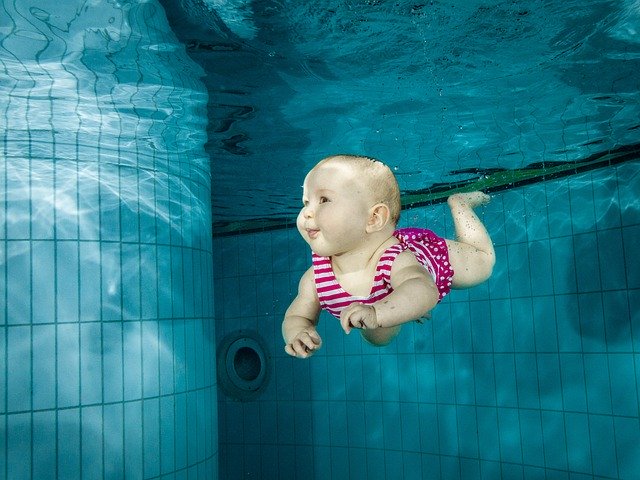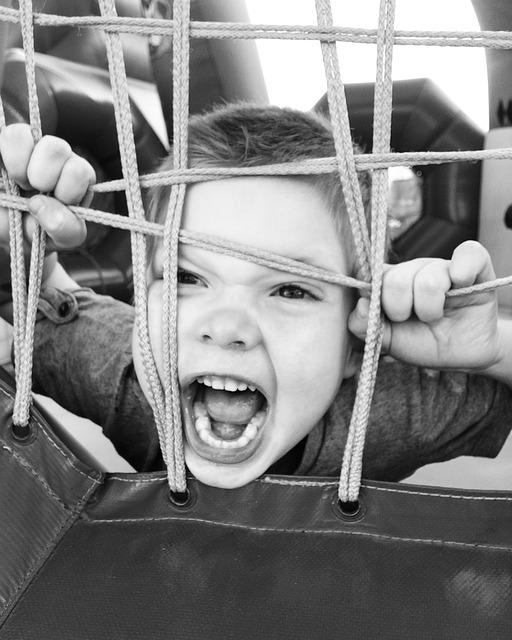One of the most debated topics is probably parenting. Virtually everyone has their own opinion and defends it with “bloody-mindedness”. However, an examination of historical sources reveals that there have been many changes in our approach to education.In the distant past, children were considered to be protected as much as possible, but at the same time they had to participate in the running of the household as soon as they were able. Already young children were out helping with simple tasks such as raking hay.

Still, there was plenty of time to play with friends. This changed with the advent of the Industrial Revolution and the accompanying increase in production. The Industrial Revolution also necessitated an increase in the working population. Children were essentially regarded as “little adults” and treated accordingly. They were often forced to do hard labor in small spaces where adults could not enter. Of course, there were exceptions, especially in upper-class society. 26]
Modernity then brought other changes. It was discovered that children do not actually grow up to adulthood, and that overworking has serious health consequences that a person will carry for the rest of his or her life. Similarly, psychology found that the brain is also developing and education needs to adapt accordingly.

The trend today is positive education. Contrary to popular belief, however, this by no means means means that there are no rules or no consequences for breaking the rules. The main change is the emphasis on rewarding good behavior. In fact, we know that punishment, especially corporal punishment, does not teach children the importance of obedience or prohibitions, but only how to avoid punishment. And because the forbidden fruit tastes best, the child is more likely to try it again when he or she is certain that no one is watching.
Of course, we cannot immediately say which method is right. Each person is unique, and that applies to children as well. What works for one may not work at all for another. We just need to remember that children are human beings and stop trying to turn them into robots who keep their word. That will not lay the foundation for our children\’s lives.





